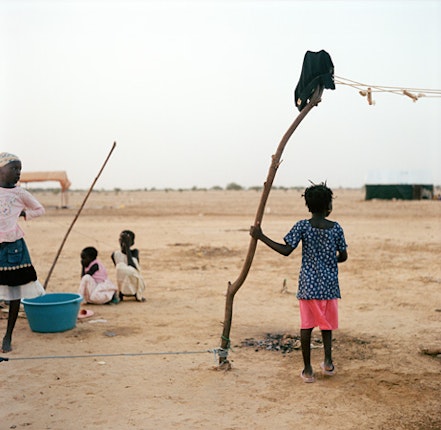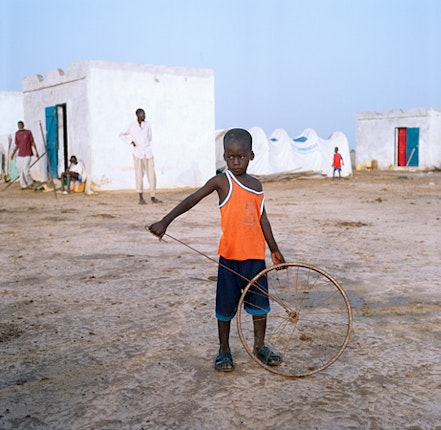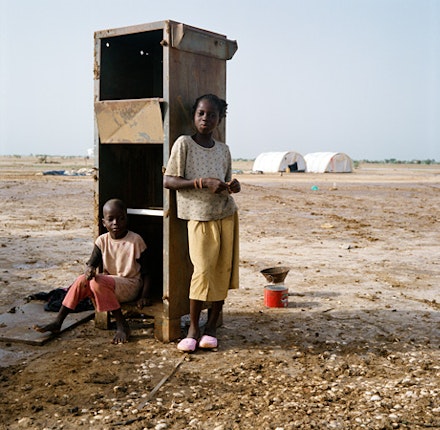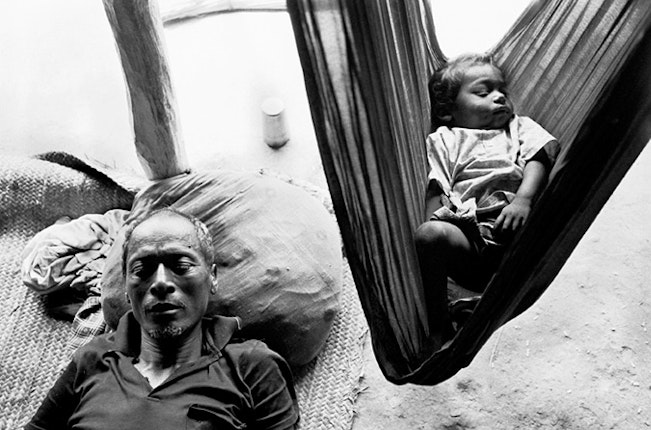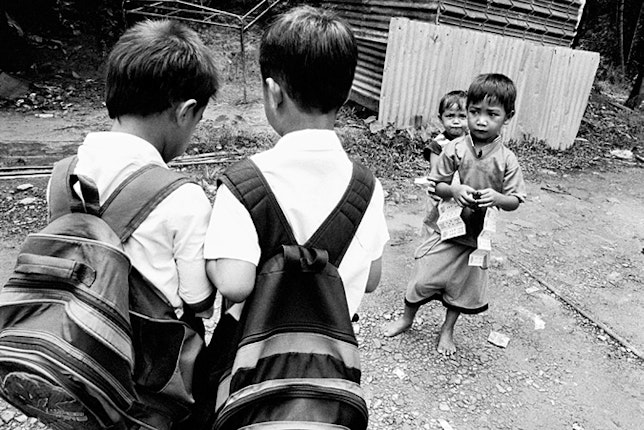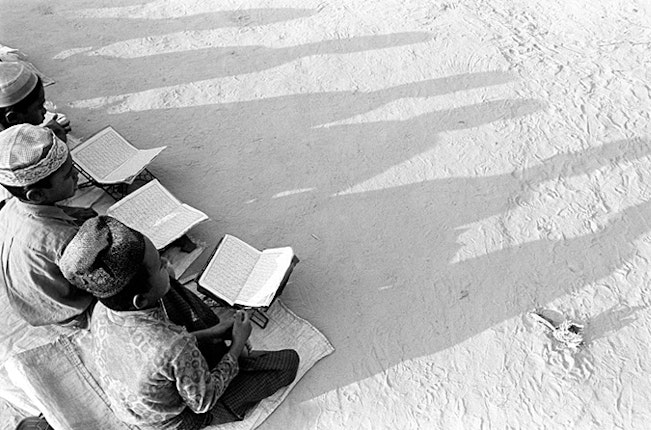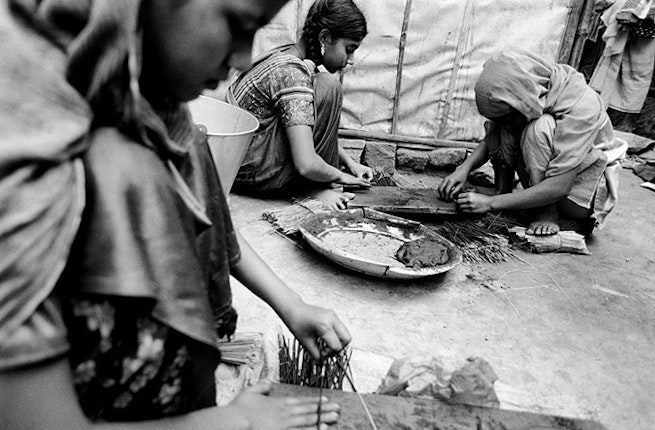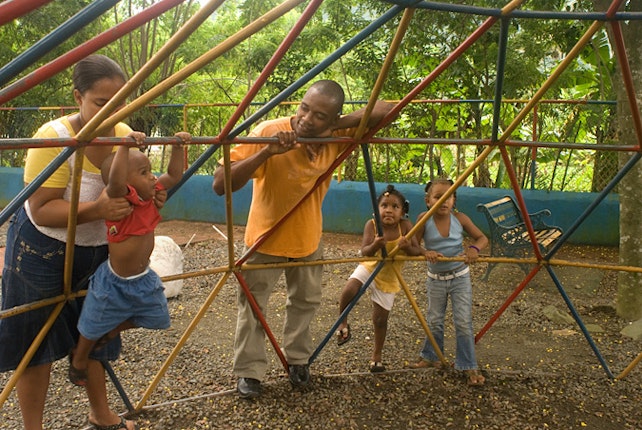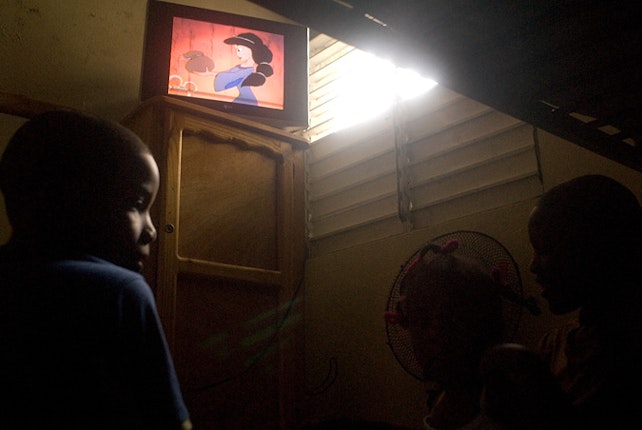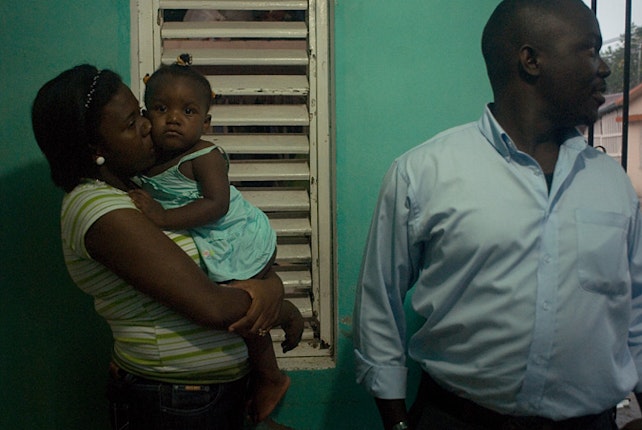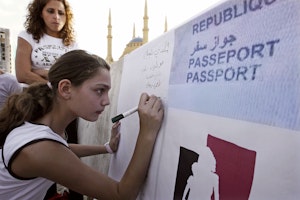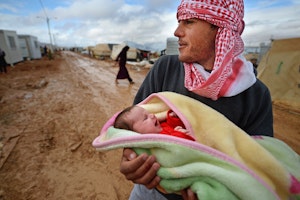Stateless Children: Denied the Right to Have Rights
The blight of statelessness affects an estimated 12 million people around the world. But it is in the lives of an estimated 5 million stateless children that the injustice is often most painfully evident. A stateless child grows up in the shadows, perhaps excluded from schooling, or from proper medical care, and pushed to the edge of society. A stateless child is more easily exploited and abused, and must learn to live without the protection of a government that may opt to deport or imprison without redress.
Statelessness is often born of discrimination. And yet, this is one human rights issue that rarely gets the urgent attention it needs.
Because most countries grant nationality on the basis of descent rather than place of birth, stateless parents hand down their own lack of legal status to their children. The Open Society Justice Initiative works to change the laws and practices that perpetuate statelessness, to ensure that every child has a country to call home.
